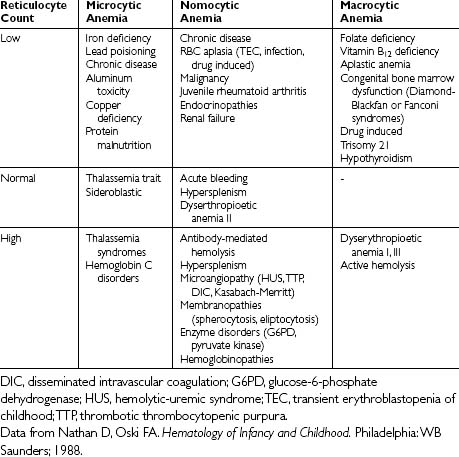Chapter 15 ENCOPRESIS
1. Boris N.W., Dalton R.. Behrman R.E., Kliegman R.M., Jenson H.B., editors. Nelson Textbook of Pediatrics, 17th ed, Philadelphia: WB Saunders, 2004.
2. Kuhn B.R., Marcus B.A., Pitner S.L. Treatment guidelines for primary nonretentive encopresis and stool toileting refusal. Am Fam Physician. 1999;59:2171–2178.
3. Loening-Baucke V. Encopresis and soiling. Pediatr Clin North Am. 1996;43:279–298.



